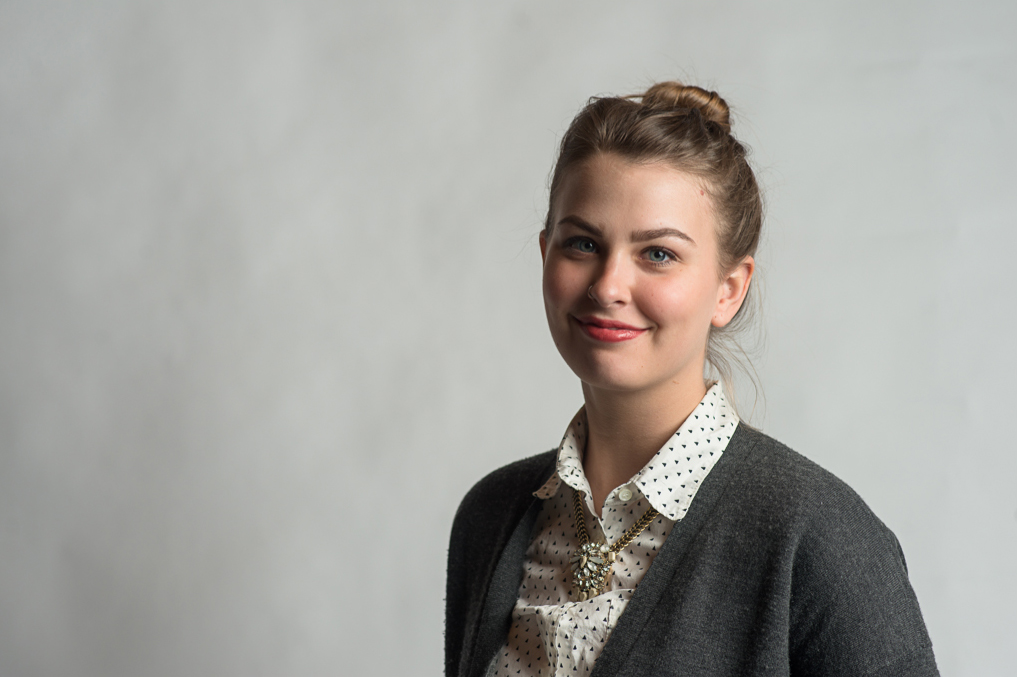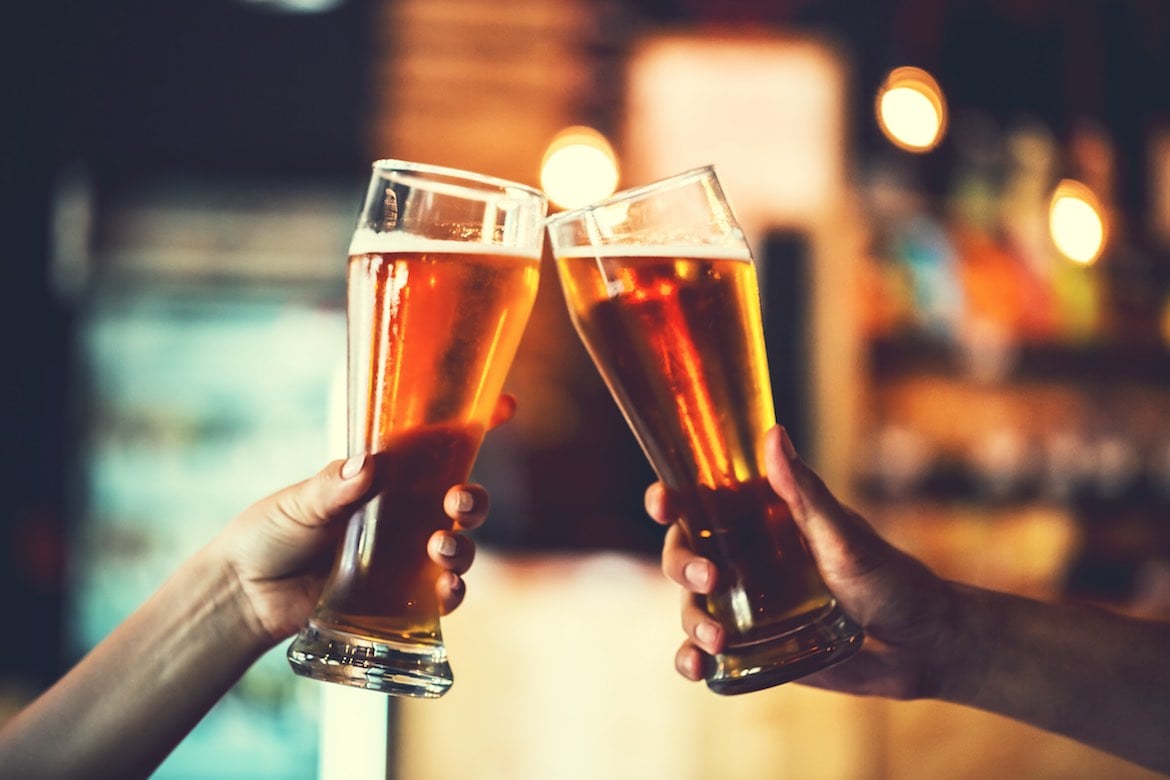‘The Pub’ #57: Music Rights 101 with The Current’s Leah Garaas

Garaas (Photo: Nate Ryan, MPR)
In a sane world, it wouldn’t take a whole show to explain how music rights work for broadcasters. But alas, we require the services of Leah Garaas, digital producer for The Current, Minnesota Public Radio’s Triple A music station.
Music rights govern who is legally required to pay whom when music is played on air, online or in brick-and-mortar venues, and if you think it’s a simple matter, you’re probably doing music rights wrong.
As described on a brilliantly elegant flowchart that Garaas designed, the law involves a cast of characters ranging from actual musicians to shadowy private organizations that collect and distribute various fees.
If you record a musician’s performance, you have to worry not only about the performer’s rights, but the song owner’s rights (and songwriters aren’t always the song owner) and possibly the label’s rights as well. And all the rules change depending on how much control your audience has over their listening experience.
To make matters worse, what is or isn’t legal isn’t always an indication of what will or won’t get you sued in the digital age.
“We want to cover all of our legal bases,” Garaas told me on The Pub. “But that’s sometimes holding us back — because the law hasn’t caught up with the practice.”
On this week’s episode, a primer on music rights for everyone from station program directors to independent podcasters.
Also, Marketplace host Kai Ryssdal live-tweets a Republican debate and tells a presidential candidate to “shut up.” Kosher for a journalist? I think so, but others disagree.
Please subscribe to The Pub in iTunes or your favorite podcast app, and leave us a rating and a comment! That will help boost our search results and allow people to find the show more easily.
We welcome your feedback on the show: You can reach me at adam@current.org or @aragusea on Twitter; my supervising producer at Current, Mike Janssen, is at mike@current.org; and you can contact Current generally at news@current.org or @currentpubmedia on Twitter.
If you’d like to offer a comment to be used in the program, please send on-mic tape (recorded in a studio, with a kit, a smartphone, anything) to adam@current.org either as an attachment or through Google Drive. Please keep it short!
Adam Ragusea hosts Current’s weekly podcast The Pub and is a journalist in residence and visiting assistant professor at Mercer University’s Center for Collaborative Journalism.





I’m curious why public media doesn’t do more to use and support Creative Commons licenses? I support artists getting reasonable compensation for their work. How long does the public have to wait for media to move into the public domain?
I recall when the old Connection with Chris Lydon had issues with renewing the rights to use “Cantaloop” as their theme music. Real pain in the neck, as I recall. I think they got the ok from Herbie Hancock’s estate but Us3 refused to do it? Or maybe the reverse? I don’t recall all the details but I do remember folks were really stressed out about it for a while there.
Basically, the sad truth is that if you’re going to have theme music on a radio show, you want to hire a musician to come up with something original and sign ALL rights over to you…and you want to do that from day one. Trying to get and maintain the rights for anything existing is just a bureaucratic nightmare otherwise, because it never ends. The deals are never “in perpetuity” so they can always come back someday and really put the screws to you if you get big and famous.